I don’t typically hire a tour guide. I’m the type that does intensive research, develops a…
Travel and Money…
For most trips, even if your transportation, hotels and some meals are prepaid, you’re still going to need to pay for most food, tips, taxi/bus/Uber and mementos of your travels. Here are some tips to safely and economically ensure you have the ability to pay when you need to.
Cash is (frequently) King: You are going to need some cash, even in countries where cards are widely used. Eventually, you’ll run into a taxi, market or street vendor who cannot take your card.
They only deal in cash, their Wi-Fi is down, you’re in a village in the Andes and cards simply aren’t used, or they only take Master Card or Visa but you’re carrying an Amex card… so you’ll need the local currency. Remember, too, in many countries restaurants don’t have a line on the credit card receipt for tips or, like me, you prefer to give a cash tip to make sure it goes where you want it.
You can order currency from your bank ahead of time, but bear in mind that it might take several days to get your money – your local branch doesn’t keep stacks of miscellaneous currency just laying around.
Also, don’t expect to receive the published foreign exchange rate; the bank will make a small profit on the arbitrage, but this rate may be better than exchanging money while traveling. I like to have $100 or so in local currency when I land so I’m ready to walk out of the airport and start enjoying my trip!
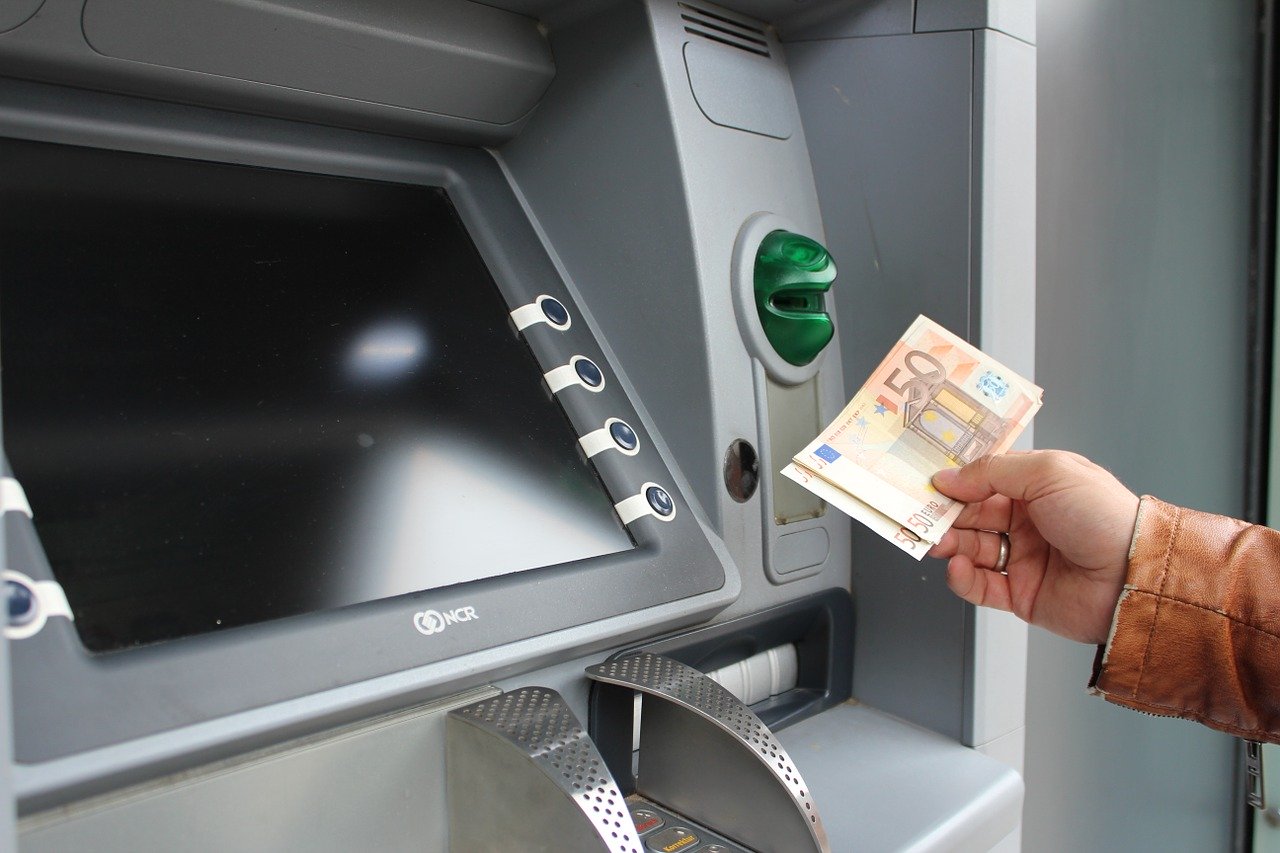
A small number of countries are under either international or US Office of Foreign Assets Control (OFAC) sanctions and you can’t use a debit or credit card to get cash (check the State Department website before traveling). I found out the hard way when I spent a week in Myanmar (Burma) some years ago.
I had been warned ahead of time to bring cash, but my plane was late getting into Bangkok and I forgot to stop at an ATM before boarding Yangon Airways for my flight to Rangoon.
I had to spend an hour visiting a pretty scary black marketeer to convert all of my assorted currency (Australian Dollars, Thai Bhat, US dollars and Singapore dollars) into Burmese Kyat. At least his “associate” (read enormous bodyguard) offered me tea while we negotiated.
Using an ATM: In the vast majority of countries, if you didn’t get currency before boarding your plane or you have simply run out of cash, there are several options to consider and some pitfalls to avoid. The cheapest way to get money is at an ATM. It’s better to use your checking account debit card than a credit card because there are much higher fees associated with taking a cash advance on a credit card.
In some countries, you can get a cash advance on your credit card by seeing a bank teller or officer. However, this is relatively rare, usually requires jumping through a lot of hoops and sometimes multiple visits to the bank.
Only use a bank ATM and, for safety sake, preferably one inside the bank or a locked vestibule. It’s best to avoid ATMs in bars, convenience stores, bodegas and markets because they are often independently owned and charge much higher user fees and apply poor exchange rates. Bank ATMs are also less likely to have illegal skimmers attached, which can clone your information and drain your account overnight.
Before traveling, check with your financial institution–some (Bank of America, for example) have agreements with foreign banks to waive withdrawal fees. And remember… your debit card will only work with your checking account (not savings) when withdrawing money at ATMs in Europe, most of Asia and Latin America.
All though convenient, avoid the currency exchange booths in the airport or the Cambios on the street; they typically charge high fees and exchange rates. You may see tempting signs that say “no commission or fees,” but don’t be fooled — that’s a ruse; they make their money using exorbitant exchange rates instead of charging a fee.
Tips on Using Your Card: Regardless of which cards you travel with (I always bring a debit card and two credit cards), make sure to take the following precautions:
- Inform your bank before traveling so their anti-fraud filters don’t reject your transactions. Many banks allow you to receive a text asking if you intended to pay $129 for that snorkeling trip in Cozumel; you just text Yes and the transaction will automatically be approved.
- Memorize your PIN (you won’t be able to use an ATM without it) but Do Not write it on your card!
- Have the international customer service number written down somewhere or in your phone contacts so you can cancel or put a hold on a card in case you misplace it or it’s stolen. Many credit cards allow you to do this yourself on their website.
- Make sure your card has a chip; European credit card machines (and increasingly elsewhere, as well) aren’t equipped to read a magnetic strip, meaning your card is a useless piece of plastic without that chip.
- Some merchants will ask if you want to pay in dollars or the local currency. Pay in the local currency! Choosing dollars will see the transaction assessed a Dynamic Currency Conversion (DCC) fee, which will add 3-5% to the amount for the “convenience” of being charged in dollars.
- When using a credit card, use one with no foreign transaction fees (check with your bank ahead of time).
- Keep your receipts. Without a receipt, you have no proof that your $12.37 coffee and croissant wasn’t actually a $1237.00 meal (this actually happened to a friend of mine while in Johannesburg).
One good reason to put most of your spending on either a debit or credit card is that you have government-mandated fraud protections. Make sure to notify your bank ASAP if your card is lost or stolen, or if you notice inexplicable charges on your statement.
If someone gets your card info and buys new iPhones for all their friends and family, you’ll have to file a claim and it can take 30 days or more to have the claim resolved, but you have some level of protection.
I always use credit cards if possible; I only use cards that give me something back like airline or hotel points. If you’re not doing the same, you’re leaving money on the table. See my special section The Points Game for more info on how you can travel more for less.
Finally, a word regarding online banking. Internet fraud is rampant in tourist havens. Don’t even think of logging into your bank account if you are not on a password-protected internet.
Even then, it is best to use a VPN (virtual private network); many anti-virus packages offer them and a number of free VPNs are available. If you have any doubts about your internet connection, call your bank using the international collect number on the back of your card.
Have fun and don’t forget to send me a snow globe from your trip to Egypt!

As an avid traveler, Brian has explored and enjoyed cultural encounters in over 40 countries while spending many years refining The Points Game — using credit card sign-up bonuses and other tricks to get nearly free travel. Getting the most out of every trip is an art and Brian launched My Travel Traxx to help others enjoy the art of travel.

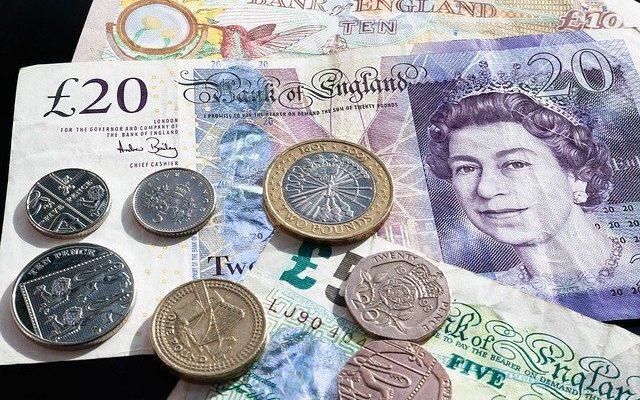
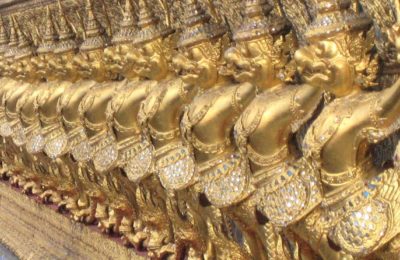
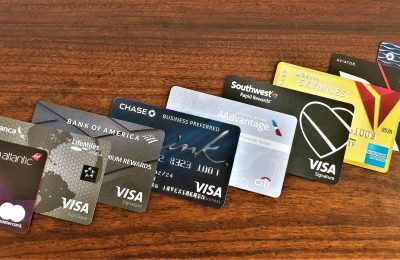
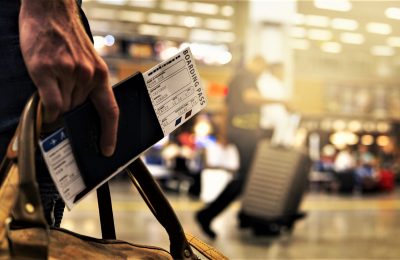
Comments (0)